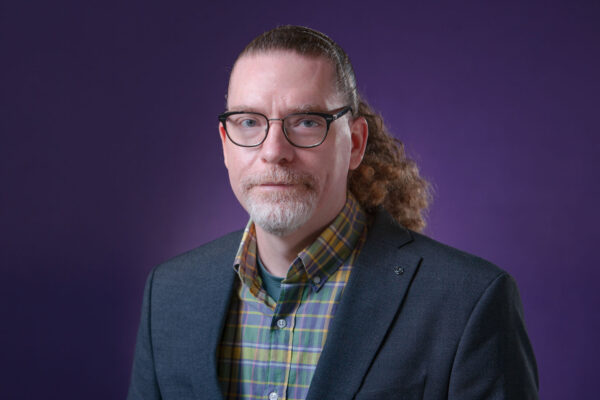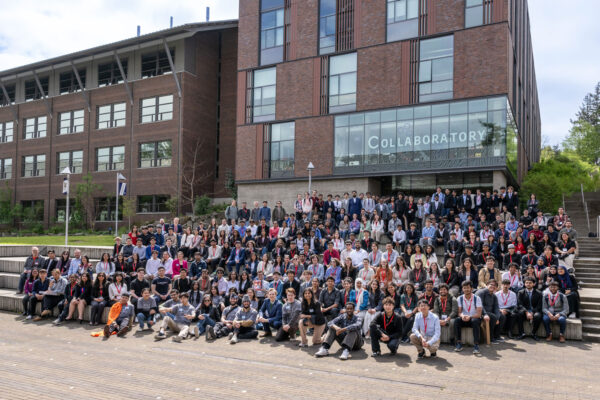
By Shari L. Dworkin
Each year on December 1, the international community recognizes World AIDS Day. The day is intended to support people living with HIV, to reflect on progress in the pandemic and to remember those who have died from AIDS-related illnesses.
Ever since 1988 when the day was established, a theme has been chosen each year to rally the world around a common purpose. The theme this year is “Ending the HIV/AIDS Epidemic: Resilience and Impact.” Today, the most affected populations in the United States are Black and Hispanic men who have sex with men. While not commonly known, it is also the case that 24% of new cases in the United States are transmitted among heterosexually active women and men.
HIV and AIDS in the United States and globally are also profoundly regional. In terms of recent new cases, more than half are in the U.S. South. This is the region where histories of poverty, racism and residential segregation merge with gender and sexuality relations to explain not simply disparities in HIV seroprevalence rates (the number of persons in a population who test positive for a specific disease based on blood serum specimens) but also the trajectory of treatment and care outcomes. In the United States and globally, there is no question that HIV/AIDS involves vastly more than “individual behavior” and has traced the realities of inequality by race, class, gender, sexuality, age, region and nation.
Much biomedical progress has been made in the HIV/AIDS pandemic both domestically and globally. Treatment as prevention has been a major medical advance hailed across the globe. It involves the process of taking antiretroviral medication and achieving undetectable status. Because someone with undetectable status cannot transmit the disease, this is referred to as “treatment as prevention.”
Other biomedical advances are making significant progress, such as long-acting prevention modalities (antiretroviral injections, implants and vaginal rings). Vaccines are being tested and evaluated as we speak.
Much work remains to be done. COVID-19 has led to significant disruptions in HIV testing and prevention services and has led the global community to focus largely on treatment. The return to testing and prevention services will remain a high priority as the global community recovers from COVID-19.
It is still the case, however, that 13% of people across the world who need treatment are NOT receiving it. The reasons include stigma and discrimination, lack of access to health care and inequitable global health care financing trends. In short, how individuals fare in the HIV care and treatment continuum is directly related to the same social inequities by race, class, gender and sexuality that influence HIV risk. Social and behavioral research and intervention in the HIV/AIDS field therefore has much to add to resolving the pandemic.
My own research in the social and behavioral realm is focused on intervening on the inequalities mentioned above in order to improve HIV outcomes. It is specifically focused on gender-transformative HIV interventions with heterosexually-active men for prevention, treatment and care in sub-Saharan Africa. These interventions involve recognition that gender relations and masculinities play a role in shaping both women’s and men’s HIV risks — and their treatment outcomes. These interventions simultaneously recognize that gender inequality is a key driver of the pandemic and that men have a positive and impactful role to play in advancing gender equality and fighting HIV/AIDS.
As we recognize the 32nd year of World AIDS Day, if we are to truly “End the HIV/AIDS Epidemic,” it will be critical to bring these two types of approaches — biomedical and social/behavioral — together. We must work at the intersection of biomedical sciences, social sciences and the full range of health sciences.
It is at this interdisciplinary juncture, which is also at the heart of UW Bothell, that the most hope — resilience, and impact — lies.
Shari L. Dworkin is a professor and dean of UW Bothell’s School of Nursing & Health Studies. Her research portfolio focuses on gender relations and HIV prevention, treatment and care in the United States, Kenya and South Africa. Recently, her gender-transformative work shifted to a focus on improving male involvement in family planning outcomes.


